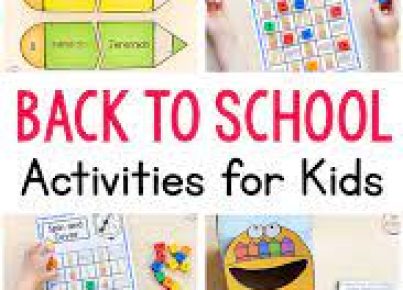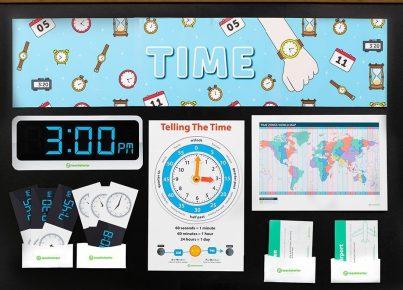Organizational skills are essential for success in life, and it’s never too early to start teaching these valuable habits to children. By fostering organizational skills, kids can better handle responsibilities, manage their time, and also enhance their ability to problem-solve. Here are 21 easy methods for teaching your kids how to be organized:
1. Lead by Example: Children learn by observing. Keep your own belongings and schedule organized to set a positive example.
2. Start Simple: Begin with basic tasks like putting toys away after playtime or hanging up coats and backpacks upon coming home.
3. Create Checklists: Help your child create to-do lists for daily routines like morning preparations, homework tasks, or bedtime rituals.
4. Use Calendars: Teach the use of a calendar to track important dates like project deadlines, tests, or family events.
5. Assign Responsibilities: Give children specific chores that contribute to the household’s organization – such as sorting laundry or setting the table.
6. Prioritize Tasks: Show them how to prioritize their tasks from most important to least important.
7. Establish Routines: Create a consistent daily schedule so children know what’s expected and when.
8. Encourage Decluttering: Regularly sort through items with them, choosing what to keep, donate, or throw away.
9. Color Code: Use colors for different subjects in a folder system or for different activities on a calendar.
10. Use Timers: Introduce time management by having them complete tasks within set intervals using timers or alarms.
11. Provide Organizational Tools: Supply organizers, shelves, bins, and labels to keep everything in its place.
12. Teach Goal Setting: Assist them in setting realistic goals with actionable steps and ways to track progress.
13. Celebrate Successes: Acknowledge when they stay organized – this reinforces positive behavior.
14. Encourage Independence: Let them do certain tasks on their own while providing guidance when necessary.
15. Gamify Cleaning Up: Make organizing fun by turning it into a game with small rewards for completed challenges.
16. Implement a Reward System: Create incentives for maintaining organization over longer periods of time.
17. Break Down Big Projects: Teach them how to approach large assignments by breaking them into smaller, more manageable parts.
18. Discuss the Importance: Talk about why being organized is beneficial — it can lead to less stress and more success in schoolwork and other areas of life.
19. Develop Storage Solutions Together: Work with your child to create personalized storage systems that appeal to them and meet their needs.
20. Visual Organizational Aids: Use charts, graphs, or pictures as visual aids to help younger children understand organizing concepts.
21. Practice Regular Reviewing: Make it a habit to review and adjust organizational systems as needed – this teaches flexibility and adaptability in staying organized.
By integrating these practical strategies into their daily life, you’ll equip children with the organizational skills they need now and for the future. Remember that patience and continual practice are key components in helping kids develop and maintain good organizational habits





